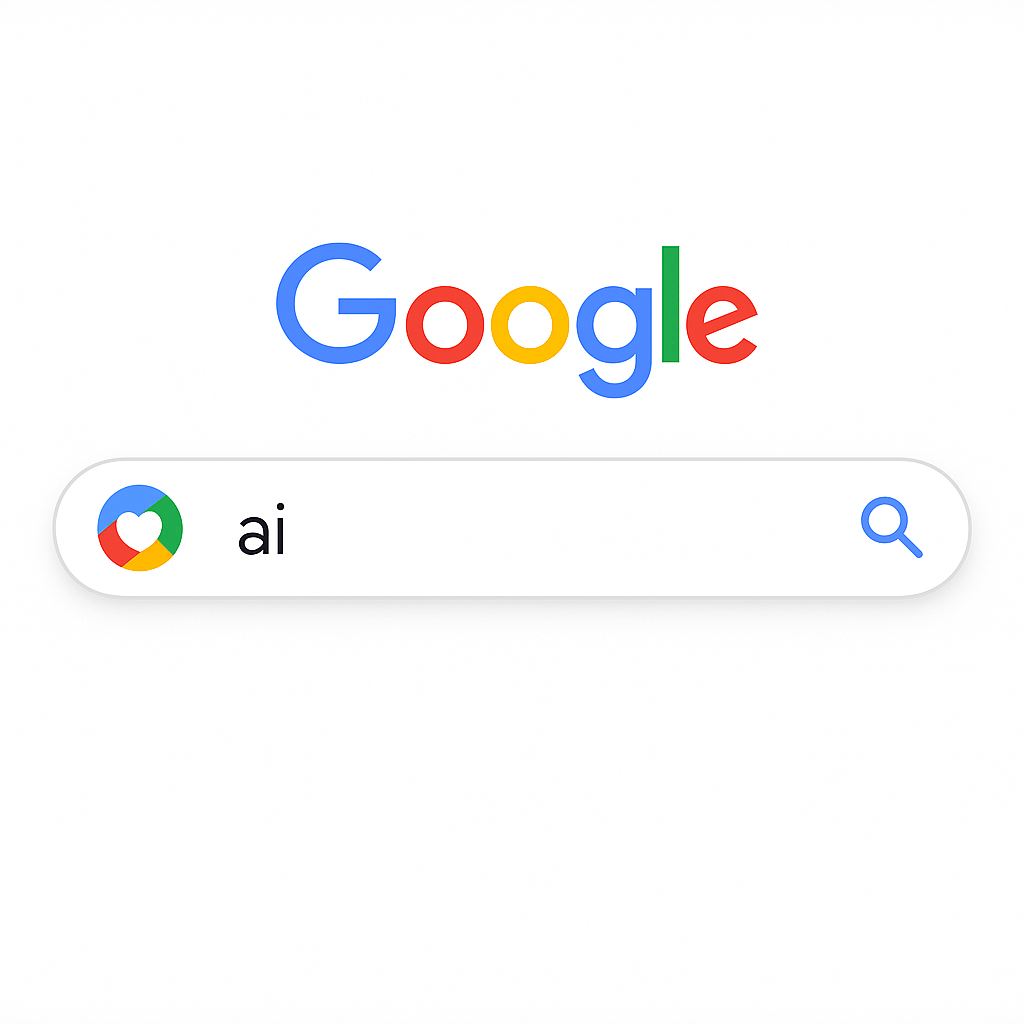
How AI Is Revolutionizing Google Search
Google Search has long been the gateway to the world’s information. But in recent years, artificial intelligence (AI) has quietly transformed how it works. From understanding natural language to generating instant answers, AI is reshaping the way we search—and what we find.
1. Understanding Natural Language with BERT and MUM
Traditional keyword-based search often struggled with complex or conversational queries. To address this, Google introduced BERT (Bidirectional Encoder Representations from Transformers), allowing the search engine to understand the context of words in a sentence. Later, Google launched MUM (Multitask Unified Model), a more powerful AI capable of understanding and generating language across 75+ languages and handling multimodal inputs (text and images together).
With these models, Google can better interpret user intent. For example, instead of just matching keywords, it understands what you mean—even in nuanced questions like “Can I use olive oil instead of butter when baking?”
2. AI-Powered Search Features
AI doesn't just work behind the scenes; it powers many of the features we see daily:
Featured Snippets: Google can now generate brief answers pulled from relevant pages, often displayed at the top of the results page.
People Also Ask: AI analyzes patterns in searches to predict related questions and provide expandable answers.
Search Generative Experience (SGE): This experimental feature uses generative AI to provide synthesized, conversational responses to complex queries, often with follow-up suggestions.
3. Visual and Voice Search Enhancements
Google Lens uses AI to let users search visually—just point your camera at an object or image and ask a question. Similarly, voice search has become smarter thanks to AI’s improved understanding of speech patterns and context, making searches more accessible and natural.
4. Personalized and Contextual Results
Google Search now uses AI to personalize results based on your search history, location, and behavior. This makes it more relevant, but it also raises questions about privacy and filter bubbles. Google claims to balance personalization with transparency and user control.
5. The Future: Generative AI and Search Evolution
With tools like Gemini and Google DeepMind’s innovations, generative AI is becoming integral to how Google answers complex questions. Instead of linking you to multiple pages, it might soon offer cohesive summaries, step-by-step guides, or even AI-curated results tailored to your goals.
Conclusion
AI is making Google Search more intelligent, intuitive, and helpful than ever. As the technology evolves, search will shift from being a tool for finding information to an intelligent assistant for understanding the world. While challenges like misinformation and privacy remain, the potential of AI-powered search is vast—and we’re only just beginning to explore it.


